
The Global Registry for Inherited Neuropathies (GRIN) is a global patient-focused research database that represents patients and families via vital Natural History Studies, symptom specific studies and potential treatment studies that are reported by you, the patient. These groundbreaking study surveys track the course of disease over time and identify multiple aspects of the disease experience such as, demographics, genetic mutations, medical care interventions, environmental influences and other variables. GRIN uses this information to correlate patient outcomes so we may better understand CMT and Inherited Neuropathies. With this new and precise information on the CMT population, we can accelerate therapy development for all types of Inherited Neuropathies. These studies support HNF’s Therapeutic Research In Accelerated Discovery (TRIAD) program — an effort with academia, government and industry — to develop treatments for CMT. Currently, TRIAD involves many groups that span the drug discovery, drug development, and diagnostics continuum.
Help us to improve outcome measures, develop biomarkers and improve patient care by joining GRIN! We aim to characterize the genotype-phenotype (genetic mutation-symptoms) correlations and establish baseline Patient Reported Outcomes data, and when available, clinical data for Inherited Neuropathies caused by genetic mutations for all forms of CMT. Without your participation, researchers won’t have the essential and necessary patient information to develop drugs, gene therapies, and clinical trials for Charcot-Marie-Tooth and other Inherited Neuropathies!
Why should you join GRIN?
It’s pretty simple…As GRIN grows, we exponentially gain greater insights from you as patients to help accelerate therapies for Charcot-Marie-Tooth. This is an incredible opportunity for you to participate in Charcot-Marie-Tooth Patient-Focused Research.
Your vital data allows for researchers to study why individuals experience different symptoms and address what is most important to patients when thinking about drug development. Scientists can also learn how a particular mutation type may lead to different or unique symptoms helping us to develop treatments for all types of Inherited Neuropathies.
By completing your profile, your de-identified information will be utilized to advance research and support clinical trial designs. As a registrant, you will be informed when you may be eligible for clinical trials.
These Patient-Reported Outcomes Studies will enhance therapy development in collaboration with our industry partners. By informing Healthcare Providers and others with your critical data, we can work to improve diagnosis and enhance patient care.
Ready to Join?
Anyone diagnosed with Charcot-Marie-Tooth or other Inherited Neuropathies can join GRIN. Your information is always kept confidential: only approved research investigators and industry partners can see your de-identified information.
If you are already a participant, we still need you! It’s important to update your profile and participate in many of our Patient-Reported Outcomes Research Studies.
With all of the current positive research momentum, there is no better time than right now to join GRIN! Become a part of the effort to find the treatments and cures for all Inherited Neuropathies!




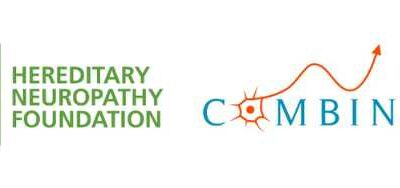



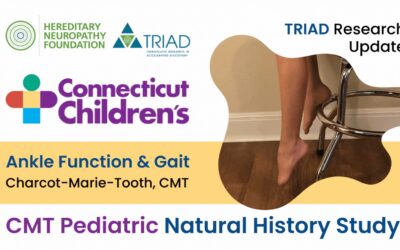
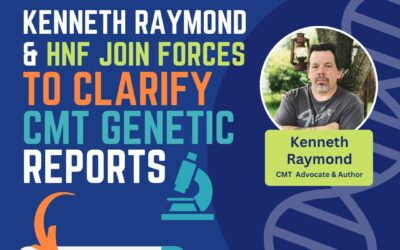
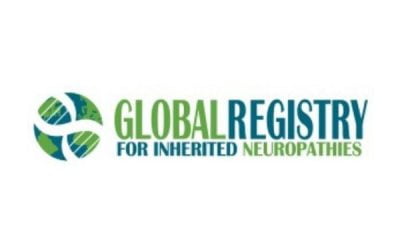
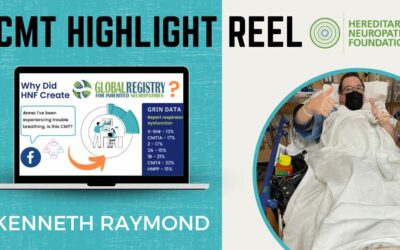


0 Comments